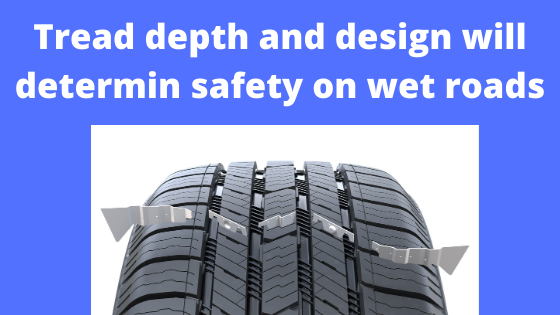
It is important to realize that an SUVs will need to be equipped with proper SUV tyres of the correct dimension. SUV tyres tend to be wider and higher with larger rims. Smaller SUV can have 225/65R17 summer tyres and 225/65R17 winter tyres, unless you opt to go for 225/65R17 all-weather tyres. Whatever your choice is, make sure that you purchase premium quality tyres, to ensure that you will have good and durable tyres that can provide you with proper driving safety.
High quality tyres also have lower rolling resistance, which means lower tyre wear and lower fuel consumption. This can save you a lot of money in the long run as you drive. If your SUV is electric or hybrid, you need to make sure that the tyres have been indicated that they can be used for these heavier and higher torque vehicles, where the wear is higher. It is important that you rotate the tyres often enough to even out differences in wear between the front and the rear tyres. This will lead to longer tyre lifetime and will work toward that you can change all the four tyres at the same time.
For winter conditions, choose an SUV winter tyre that is either studded or non-studded or winter approved all-season tyres. They will all work good on all winter condition. For ice and hard packed snow though, the SUV studded tyres will be your best bet to have the best possible grip. Studded tyres might not be allowed in all countries, which can cause problems when travelling across country borders.
Make sure that you change to winter tyres in good time before the winter arrives, that is if you don’t have all-weather tyres mounted. Check also the tyre pressure to ensure that you have the correct tyre pressure, as low tyre pressure can also lead to higher tyre wear and higher fuel costs.
For more information regarding all-weather tyres, visit: www.nokiantyres.com